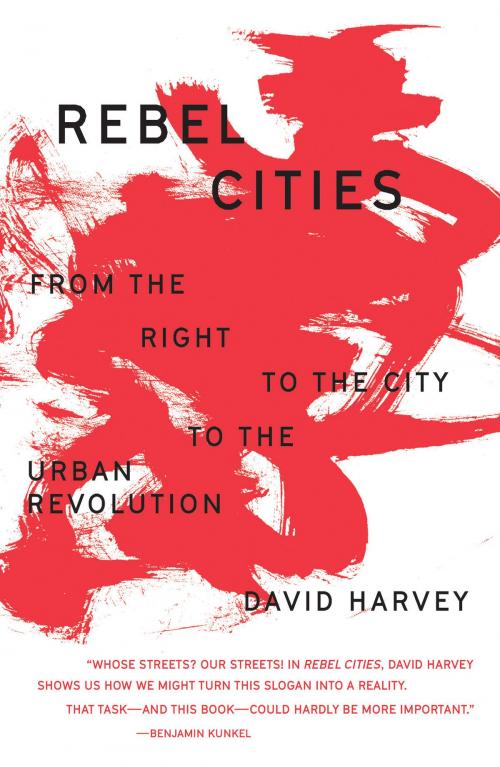Rebel Cities
From the Right to the City to the Urban Revolution
Nonfiction, Social & Cultural Studies, Political Science, Politics, City Planning & Urban Development, Government, Communism & Socialism| Author: | David Harvey | ISBN: | 9781844679041 |
| Publisher: | Verso Books | Publication: | April 4, 2012 |
| Imprint: | Verso | Language: | English |
| Author: | David Harvey |
| ISBN: | 9781844679041 |
| Publisher: | Verso Books |
| Publication: | April 4, 2012 |
| Imprint: | Verso |
| Language: | English |
Long before the Occupy movement, modern cities had already become the central sites of revolutionary politics, where the deeper currents of social and political change rise to the surface. Consequently, cities have been the subject of much utopian thinking. But at the same time they are also the centers of capital accumulation and the frontline for struggles over who controls access to urban resources and who dictates the quality and organization of daily life. Is it the financiers and developers, or the people?
Rebel Cities places the city at the heart of both capital and class struggles, looking at locations ranging from Johannesburg to Mumbai, and from New York City to São Paulo. Drawing on the Paris Commune as well as Occupy Wall Street and the London Riots, Harvey asks how cities might be reorganized in more socially just and ecologically sane ways—and how they can become the focus for anti-capitalist resistance.
Long before the Occupy movement, modern cities had already become the central sites of revolutionary politics, where the deeper currents of social and political change rise to the surface. Consequently, cities have been the subject of much utopian thinking. But at the same time they are also the centers of capital accumulation and the frontline for struggles over who controls access to urban resources and who dictates the quality and organization of daily life. Is it the financiers and developers, or the people?
Rebel Cities places the city at the heart of both capital and class struggles, looking at locations ranging from Johannesburg to Mumbai, and from New York City to São Paulo. Drawing on the Paris Commune as well as Occupy Wall Street and the London Riots, Harvey asks how cities might be reorganized in more socially just and ecologically sane ways—and how they can become the focus for anti-capitalist resistance.















